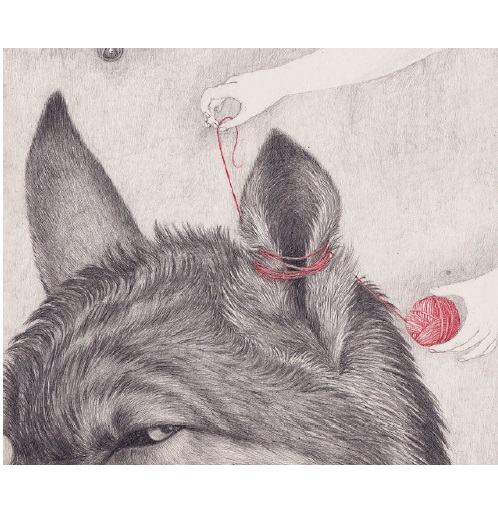With Freud, against Freud: some uses of the interview in the work of Olivia Rosenthal
DOI:
https://doi.org/10.51777/relief13497Keywords:
Mécanismes de survie en milieu hostile, Viande froide, Olivia Rosenthal, non-fiction, interview, psychoanalysisAbstract
Since On n'est pas là pour disparaître, the practice of interviewing people has become a common thread in Olivia Rosenthal's writing, placing some of her texts in the wake of “fieldwork” in literature. Even though the writer claims to collect life narratives without any specific method, the way she conducts and represents the interviews inherits in many ways from the psychoanalytical technique established by Freud around the beginning of the 20th century. Without assimilating literature and psychoanalysis, this paper aims to highlight in Viande froide and Mécanismes de survie en milieu hostile the resurgence of a model of listening, based on the interpretation of the words she recorded. Yet, this study discusses how the reception and the editing of the interviews bend the stakes of the analytical method.
Downloads

Downloads
Published
Issue
Section
License
Copyright (c) 2022 Maud Lecacheur

This work is licensed under a Creative Commons Attribution 4.0 International License.
All articles published in RELIEF appear in Open Access under the Creative Commons Attribution 4.0 International License (CC-BY 4.0). Under this licence, authors retain ownership of the copyright of their article, but they allow its unrestricted use, provided it is properly cited.






